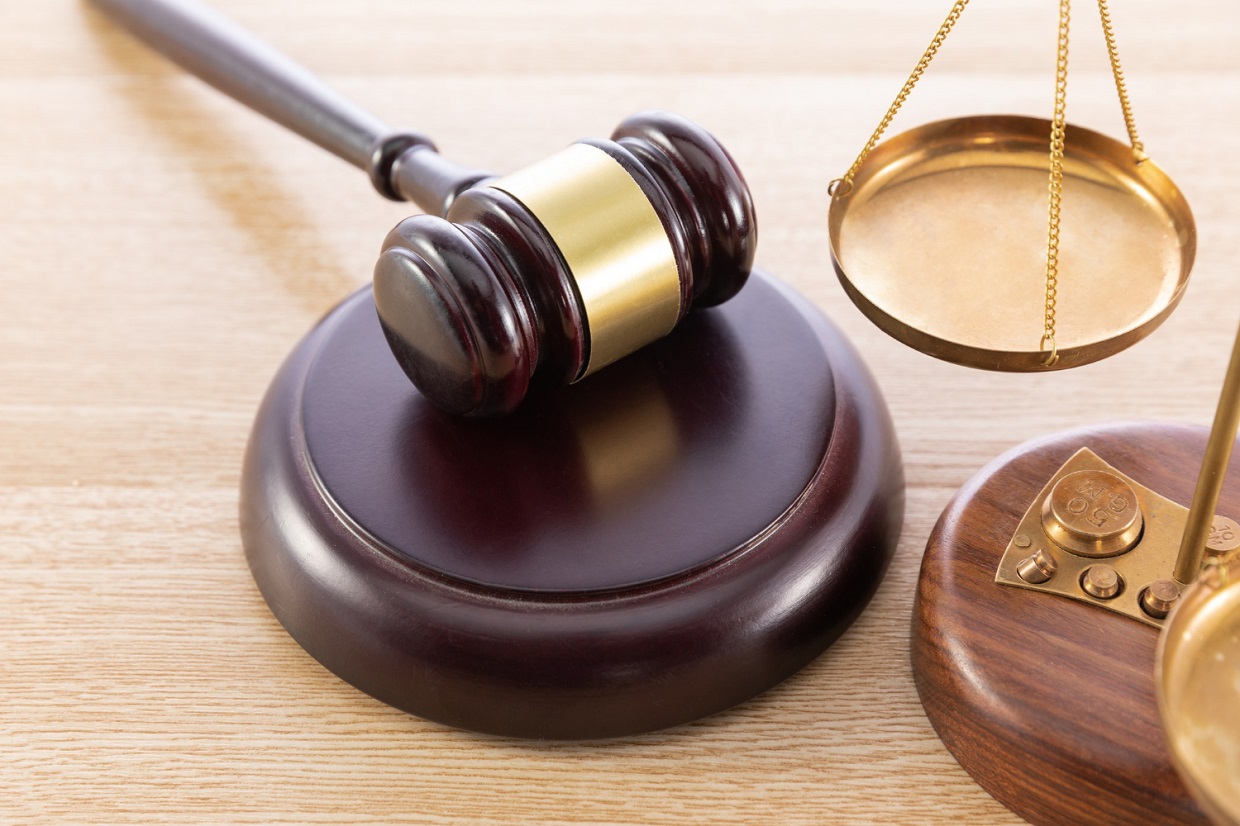
A man who was living the dream as a pilot and taking good care of his family was killed when the car he was riding in skidded off the road.
Police say the driver was intoxicated when she sped past a freeway exit, tried to exit anyway, lost control of her car, and slammed it into a tree. All three people in the car were seriously injured. One passenger, a 34-year-old Bronx man, died at the hospital. The other two are expected to survive. Investigators say the driver blew a .08 on a Breathalyzer. “He was my provider. He was the one I depended on,” the deceased person’s mother said of her son. “He had five flights scheduled today out of Teterboro Airport.” His wife added that “he was a family man. He loved his job. He loved being a pilot. That was his passion.”
The driver now faces charges including vehicular manslaughter and DUI.
Injured passengers have the same rights as injured drivers. That includes the right to fair compensation for their serious injuries. However, these claims feature some additional emotional and legal hurdles which a New York personal injury lawyer must overcome.
Usually, injured pedestrians know the vehicle operators. In most cases, the relationship is quite close. Rather understandably, many victims hesitate to file legal claims in these situations. That’s especially true in wrongful death claims. They reason that blaming someone for the crash does nothing to improve their situations.
But negligence claims do not “blame” anyone for accidents. Instead, these claims force negligent drivers to accept responsibility for the accidents they cause. We all make mistakes, and we must all accept the consequences of those mistakes.
Furthermore, the nature of the accident doesn’t change the effects of the accident. Victims and survivors need money to put the pieces of their lives back together. They should not have to pay these expenses out of their own pockets.
Legally, the assumption of the risk defense sometimes comes into play in passenger injury claims. Victims are legally and financially responsible for their own injuries if they voluntarily assume a known risk. Insurance company lawyers especially bring up this defense if the driver was intoxicated or otherwise impaired.
Most passengers voluntarily get into most vehicles. So, this part of the defense is not hard to prove. The second element, a known risk, is different. Even if the driver is impaired, the risk of a wreck is only a possible risk, at least in most cases. The risk is only a known one in extreme situations, like the tortfeasor (negligent driver) caused a non-injury collision, kept driving, and then caused an injury collision.
Over the past several decades, officials have cracked down hard on drunk drivers. Yet alcohol still accounts for about a third of the fatal vehicle collisions in New York. That’s roughly the same proportion as before the crackdown began.
When people operate heavy machinery, like a motor vehicle, their motor reflexes and judgement abilities must be very sharp. Alcohol dulls both these things. These effects begin with the first drink. So, even one is one too many. Circumstantial evidence of alcohol impairment includes:
If the at-fault driver just came from a place that serves alcohol, it’s more likely than not that s/he had at least one drink. More likely than not (a preponderance of the evidence) is the burden of proof in civil claims.
Damages in a civil claim usually include compensation for economic losses, such as medical bills, and noneconomic losses, such as pain and suffering. At-fault drivers are always personally responsible for the wrecks they cause. Frequently, a third party is financially responsible for the resulting monetary damages. More on that below.
If authorities charge the tortfeasor with DUI or a similar offense, the negligence per se shortcut could apply. Individuals are responsible for crashes as a matter of law if:
Usually, the negligence per se rule applies even if the driver “beats” the DUI in court. The above story is a good example. .08 is right at the legal limit. In borderline BAC cases, there are a number of ways to successfully refute Breathalyzer results. But that doesn’t matter in civil court. A civil jury decides all the facts in a civil case. And, the burden of proof is lower (a preponderance of the evidence instead of beyond a reasonable doubt).
Frequently, intoxicated or impaired motorists consumed alcohol at a restaurant, bar, or other commercial establishment before they got behind the wheels of their cars. In these situations, these providers might be financially responsible for the aforementioned damages, because of New York’s dram shop law (providrs once sold alcohol by the dram, as opposed to by the glass). Vicarious liability applies if the provider illegally sold alcohol to the customer. The most common illegal sales are:
It’s also illegal to sell alcohol after hours, without a valid license, and in a few other situations.
Vicarious liability is especially important in wrongful death and catastrophic injury claims. New York has one of the highest percentages of uninsured drivers in the country, as well as one of the nation’s lowest auto insurance minimum requirements. Therefore, many drivers are uninsured or under-insured. In these cases, these victims usually need to find an additional source of compensation.
Accident victims are usually entitled to significant compensation. For a free consultation with an experienced personal injury attorney in New York, contact the Pianko Law Group, PLLC. Lawyers can connect victims with doctors, even if they have no money or insurance.